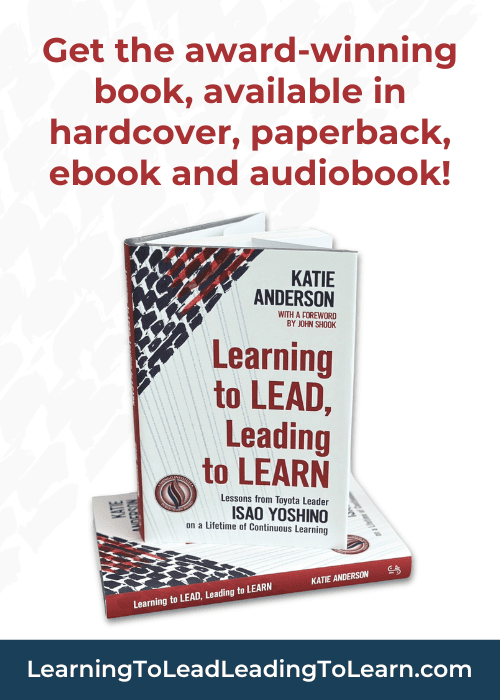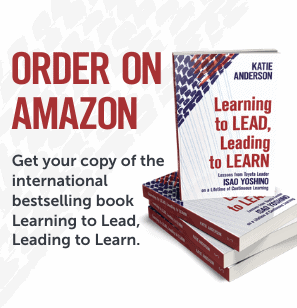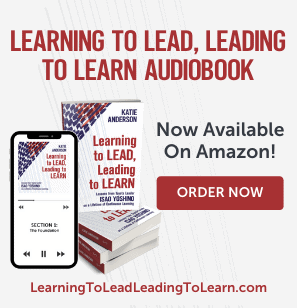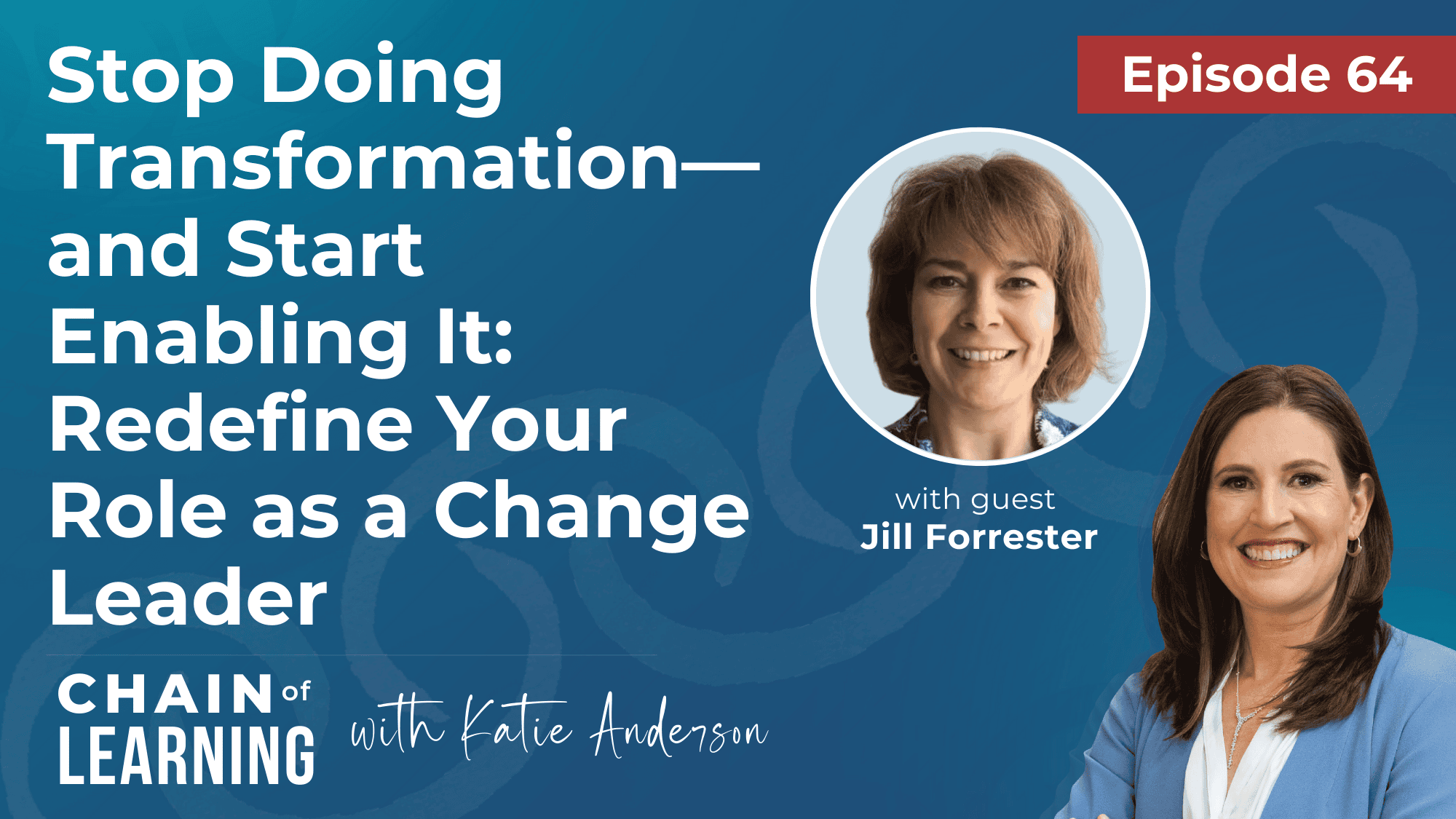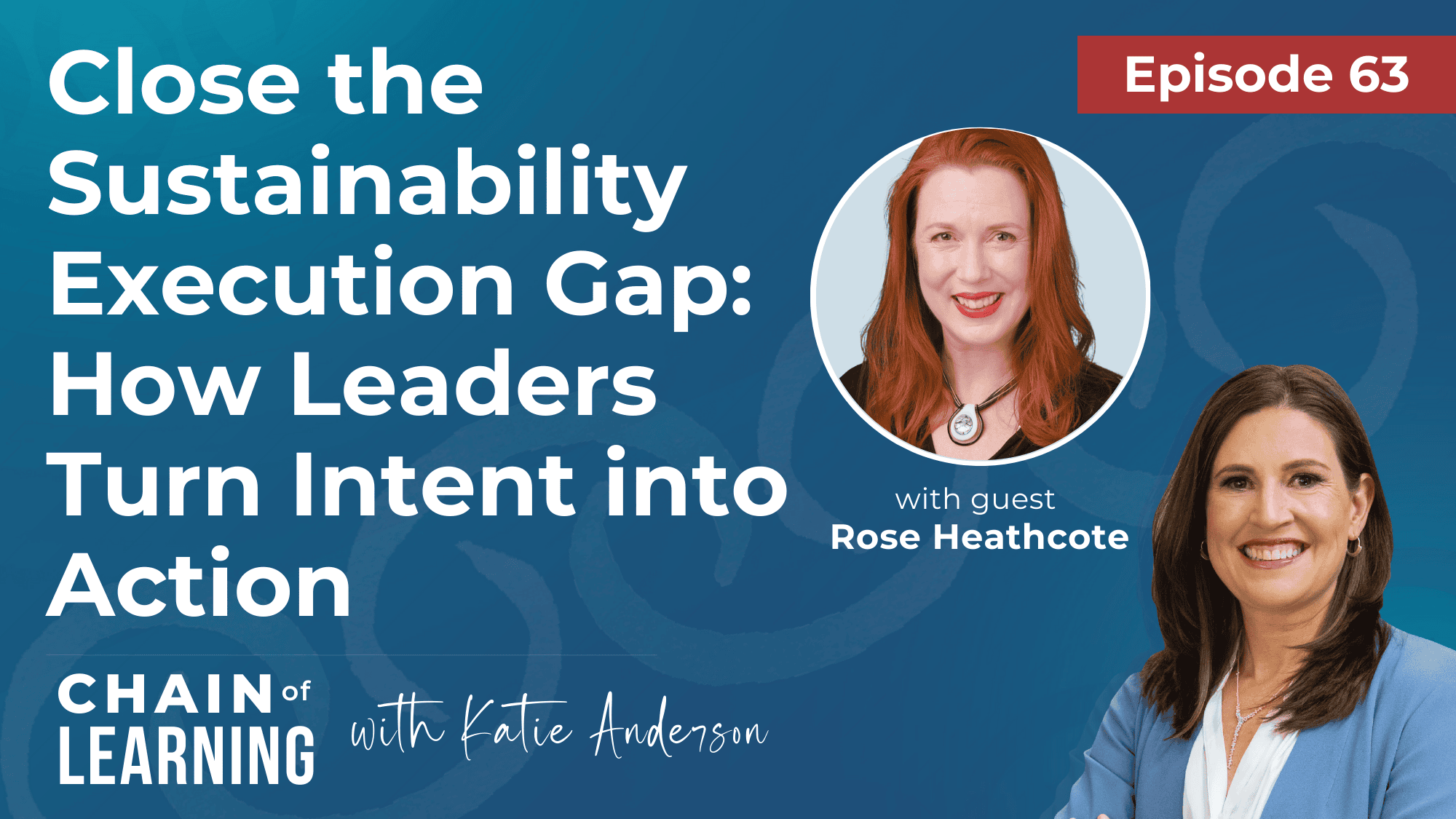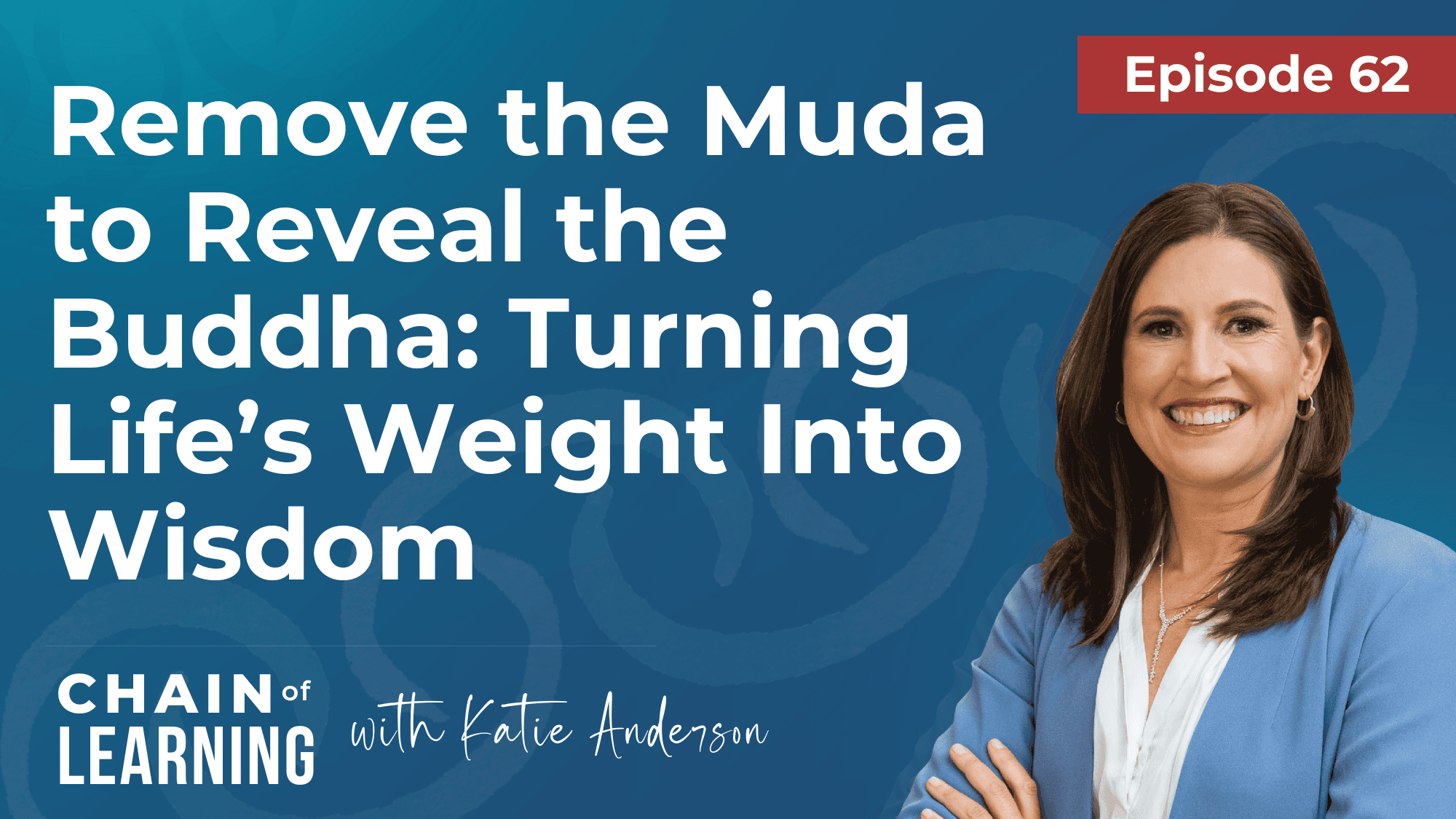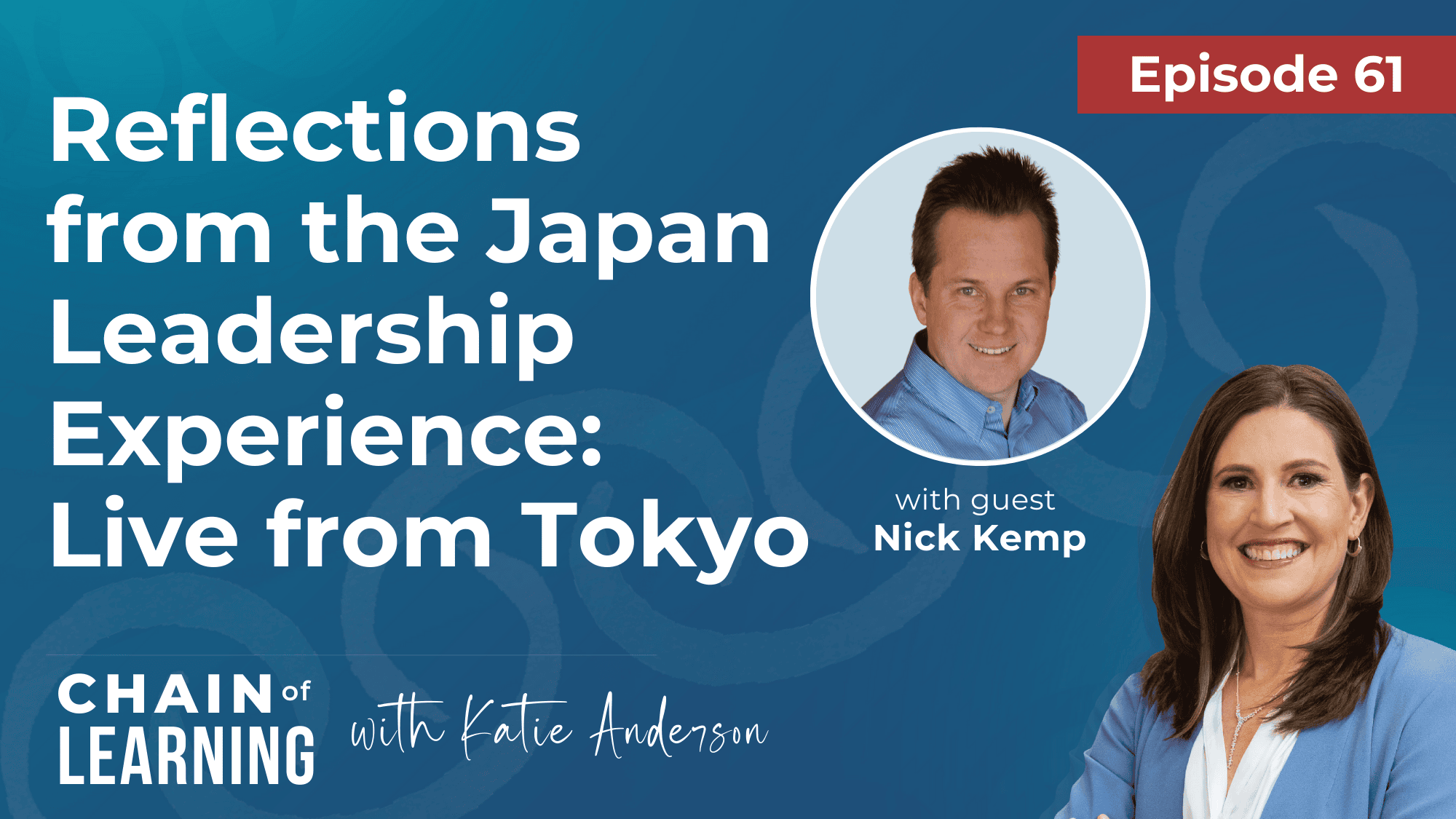As the end of the year is coming, it is time for reflection and planning your New Year’s resolutions.
But what how likely will you achieve your resolutions without understanding of what you tried this year and what you are going to do differently? Creating new habits is hard.
You need intention to set the direction for what you want change or achieve, as well as create a plan for how to get there. But if you don’t first reflect and learn, you won’t be able to improve.
Supporting others to reflect
This week while I was in the U.S. I spent the day with a large healthcare client of mine in California. In advance of each of the coaching sessions, I asked each person to conduct a personal reflection (or “hansei” in Japanese) for the year.
Follow up sessions with these clients will focus on planning and creating their goals for next year, now that they have put some intention into understanding what happened this year.
Check-Adjust is the key to learning
Reflection is a critical part of Plan-Do-Check-Adjust thinking cycles. And it can be a powerful process to apply to your own actions and goals.
Check and Adjust before you attempt to to Plan and Do. You will develop a stronger improvement muscles and will likely have more success at achieive your goals and resolutions for the next year!
Make your first resolution a resolution to reflect!
12 Questions to support your own reflection
Below are 12 questions that can help you begin your reflection process.
- What did you plan to do this year?
- What were your goals?
- What was the intended outcome of your goals? (e.g. What was your hypothesis of what would happen?)
- What did you actually do?
- What were the actual results or impact of what happened?
- Was there a gap between planned and actual (both actions and results)?
- If so, why?
- What assumptions did you make?
- What got in the way?
- If not, what enabled the process?
- What did you learn?
- What would better look like?
Reflection is the first step to new intentions
I try to practice what I preach and conduct my own reflection at least every six months. I find that it keeps my intentions at the forefront of my mind and helps me understand what tradeoffs I’ve made or think more deeply about what is getting in my way of achieving what I set out to do.
I’ll be conducting a year-end reflection when I’m back in my office after holiday travel.
Additional resources
For more reflection tips or ideas about creating new habits, you can see some of my earlier posts such as:
- The power of practicing personal problem solving
- Effective questions to promote problem solving thinking
- Mid-year review: Reflection from 6 months in Japan
- Leading Daily Improvement: Creating new habits and practices to support continuous improvement



